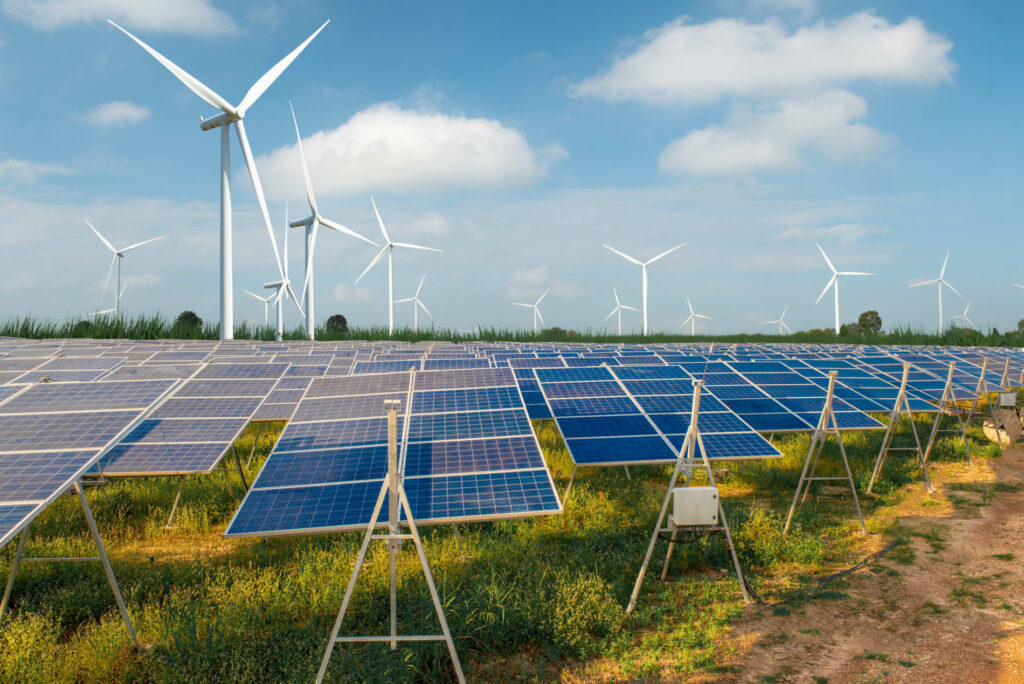
South America has set ambitious decarbonization goals, driven by a push to mitigate climate change. These goals align with the Paris Agreement and other international climate commitments. For instance, Chile has emerged as a leader in decarbonization efforts in South America. The country aims to achieve carbon neutrality by 2050. Other countries, like Uruguay, Brazil, and Argentina, have also set goals to reduce their carbon footprint by 2030. The countries have opportunities to transition to a low-carbon economy. This will require policies that support workers and communities affected by the shift. International support and cooperation is crucial for helping South American countries achieve their goals.
Challenges facing decarbonization goals in South America
Decarbonization goals in South America face several challenges that span economic, political, social, and environmental dimensions. Industry experts and governments should address these challenges to ensure they meet their set goals. Addressing these challenges requires coordinated efforts across industries and communities. South America can make significant progress toward its decarbonization goals. The common challenges include economic constraints, political issues, deforestation, and infrastructure limitations. They also include climate change and environmental impacts. Additionally, global market dynamics, like fluctuations in global fuel prices and international trade and investment, can impact the economic viability of renewable energy projects.
Role of technological advancements in decarbonization goals
Advances in technology for decarbonization drive the transition to cleaner energy systems. Innovations in renewable energy, energy storage, green hydrogen, electric mobility, and smart grids are transforming the region’s energy landscape. Additionally, continued investment in research and development supports the reduction of greenhouse gas emissions. The following are the roles of technological advances in South America’s decarbonization.

- Enhancing renewable energy production – advances like higher-efficiency panels and improved manufacturing processes enable more effective harnessing of solar energy. Advances in wind turbines help to increase the viability and output of wind energy projects.
- Advances in energy storage solutions – innovations in battery storage are enhancing the ability to store energy from intermittent renewable sources. Also, improved technologies in pumped hydroelectric storage enable renewable energy production. This is particularly helpful for South America’s energy decarbonization goals.
- Green hydrogen production – there are advances in electrolysis that make green hydrogen more viable. Developing infrastructure for hydrogen storage, transport, and distribution is important for scaling up green hydrogen use.
- Electric vehicles – the advances in EVs include improvements in battery life and charging infrastructure. Cities like Bogota and Santiago are incorporating electric buses into their public transportation systems.
- Improving energy efficiency – innovations in energy-efficient building materials are reducing energy consumption. These technologies contribute to lower emissions and operational costs.
- Modernizing grid infrastructure – smart grid technologies aid in enhancing the efficiency and reliability of energy distribution. They also ease the integration of renewable energy sources and improve grid stability. This also helps balance supply and demand with variable renewable energy sources.
Benefits of decarbonization in South America
Countries with decarbonization goals stand a chance to enjoy benefits from their efforts. Transitioning to cleaner energy sources and reducing greenhouse gas emissions can address climate change challenges. The integration of technologies and supportive policies is important for maximizing the benefits. The following are the advantages of decarbonization goals in South America.

- Environmental benefits – reducing greenhouse gas emissions helps mitigate climate change. Decarbonization efforts involve reducing deforestation and protecting natural habitats. Transitioning away from fossil fuels reduces air pollutants, leading to cleaner air and water.
- Economic benefits – investing in renewable energy reduces dependence on fossil fuels and enhances energy security. This can make the energy sector more resilient to price fluctuations and supply disruptions.
- Social benefits – by reducing air pollution from fossil fuel combustion leads to better air quality. This can decrease the incidence of respiratory and cardiovascular diseases. Decentralized systems, such as solar home systems, can improve energy access in remote areas.
- Energy security and reliability – South American countries can reduce their dependence on imported fossil fuels by increasing their renewable energy share. This enhances energy security and reduces vulnerability to global energy market fluctuations.
- International reputation – decarbonization commitments enhance a country’s international reputation. It also positions the country as a global actor in climate action.
